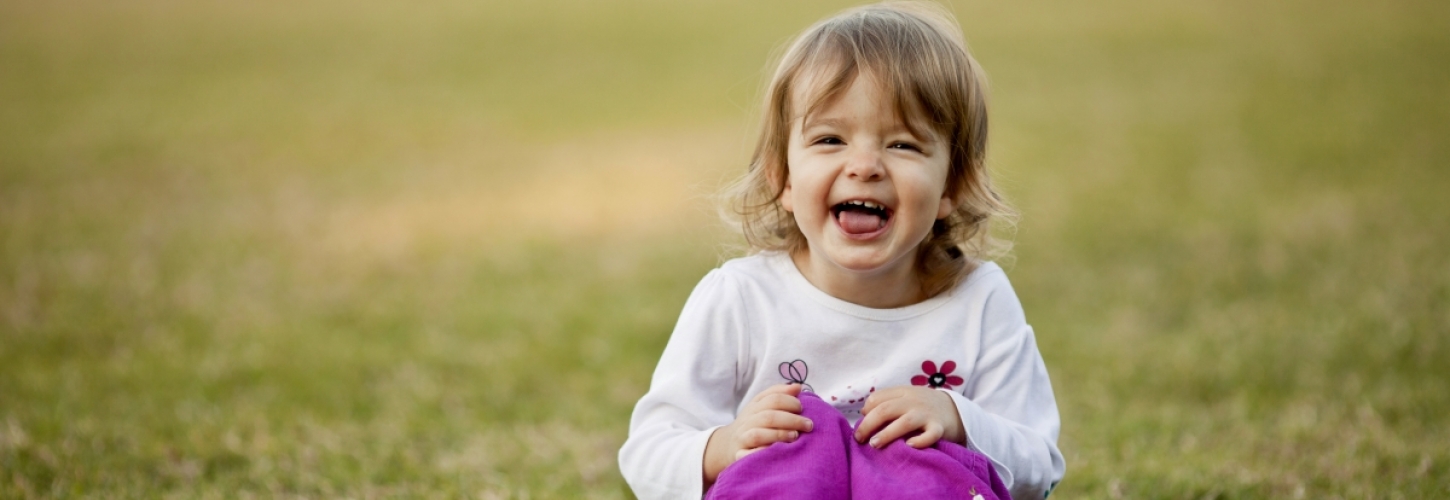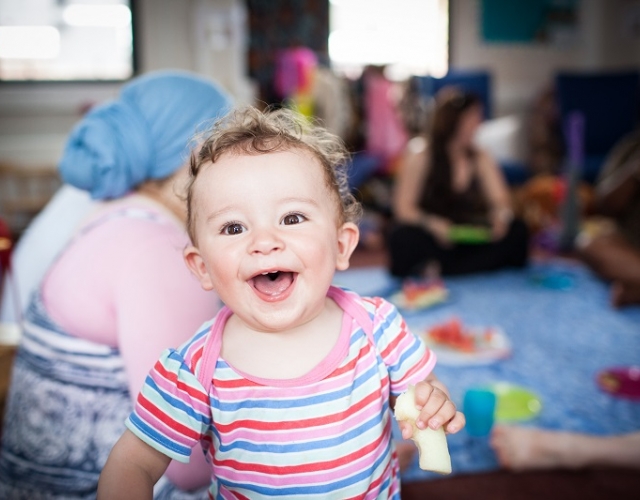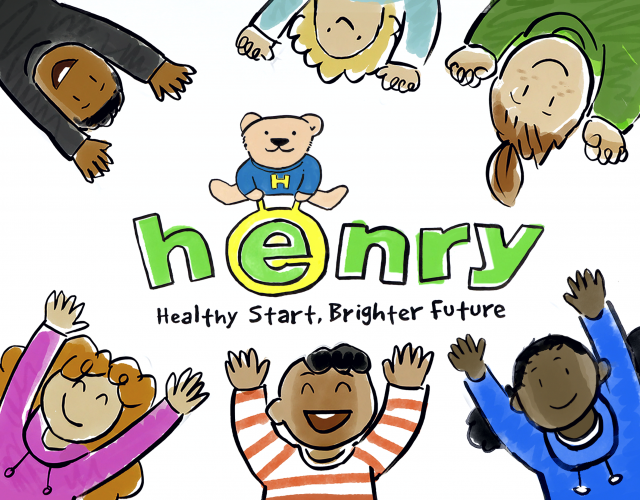A crucial time
Establishing healthy habits early in life gives babies and young children the best possible start and reduces their risk of poor physical and emotional health throughout childhood and into adulthood. The Kennedy Review (2010) called for a ‘huge cultural shift’ towards early intervention, identifying the period from pregnancy to three years as central to the developmental fate of a child. More recently, the governments of all four UK nations have prioritised this through various policy and funding streams including the Best Start for Life initiative.
The influential Marmot Review (2010) found that "the foundations for virtually every aspect of human development – physical, intellectual and emotional are laid in early childhood. What happens during these early years, starting in the womb, has lifelong effects on many aspects of health and wellbeing – from obesity, heart disease and mental health, to educational achievement and economic status [...] Later interventions, although important, are considerably less effective where good early foundations are lacking".
The government’s childhood obesity plan (2018) recognises the importance of the early years and childhood more broadly to children’s development and lifelong wellbeing. It calls for support and training for health and family support practitioners so that they are better able to support families and ‘make every contact count’ with the confidence to sensitively raise issues around weight, food and physical activity.
Reducing health inequalities
Giving every child the best start in life is crucial to reducing health inequalities across the life course. Watch our animated explainer video to find out why.
The interaction between a range of social, economic, psychological and environmental factors influences the social development, behaviour, health and wellbeing of children. Children from more deprived households are likely to experience poorer health than children from more affluent backgrounds – with lower birth weight, lower breastfeeding rates, obesity, tooth decay and slower cognitive development.
Parenting and modelling
Children are influenced by the behaviour and lifestyle of their parents and carers. Early social interactions with parents or other main caregivers form the basis of a child’s subsequent expectations of themselves and others. Children reflect the attitudes, behaviour, gestures, language and beliefs of those around them. They will absorb and copy parents' attitudes to food and activity, as well as their eating and lifestyle habits. This is reflected in the fact that parental obesity is the single biggest risk factor for child obesity.
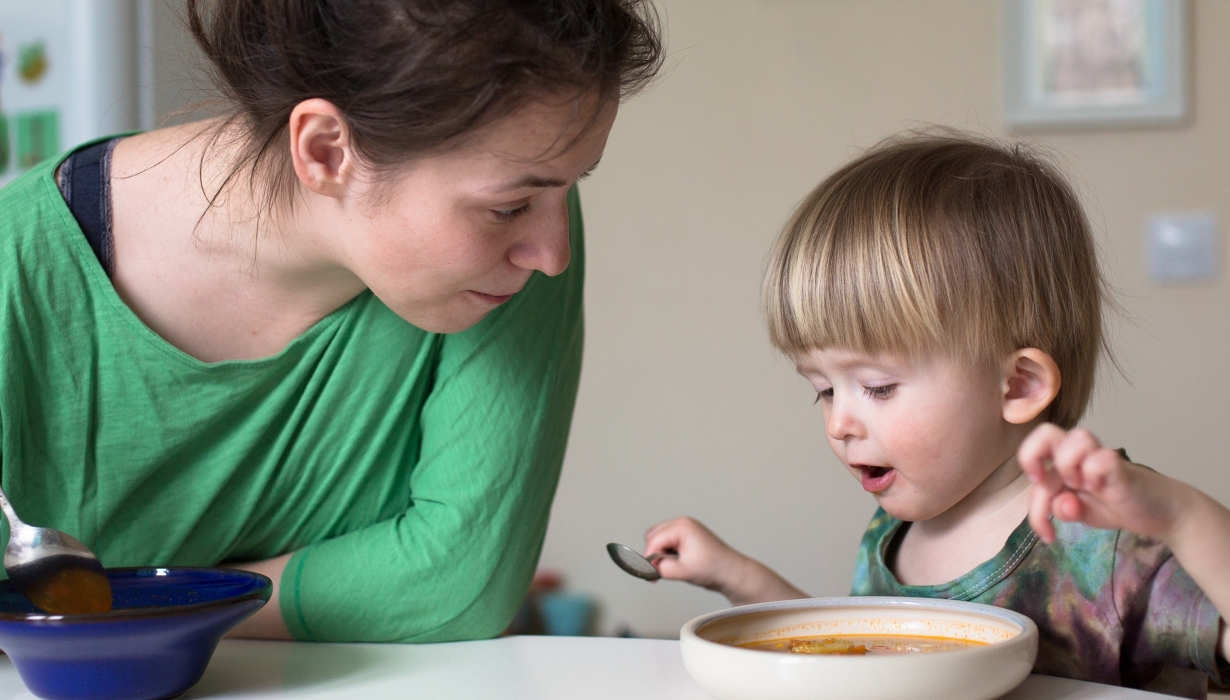

Emotional wellbeing
To flourish, children need a secure relationship with one or more loving and responsive carer(s). Establishing such relationships at the beginning of life and maintaining them throughout childhood is the foundation for a child’s future health, emotional wellbeing, feeling of self-worth and achievement.
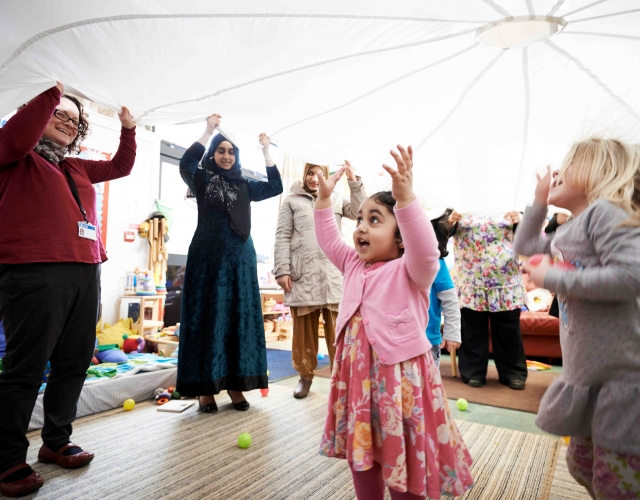
- What HENRY offers
- How we support a healthy, happy childhood and the services we offer
A commissioner guide to HENRY family support services, training and delivery models

